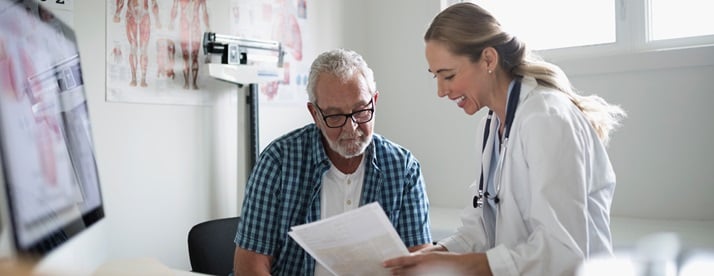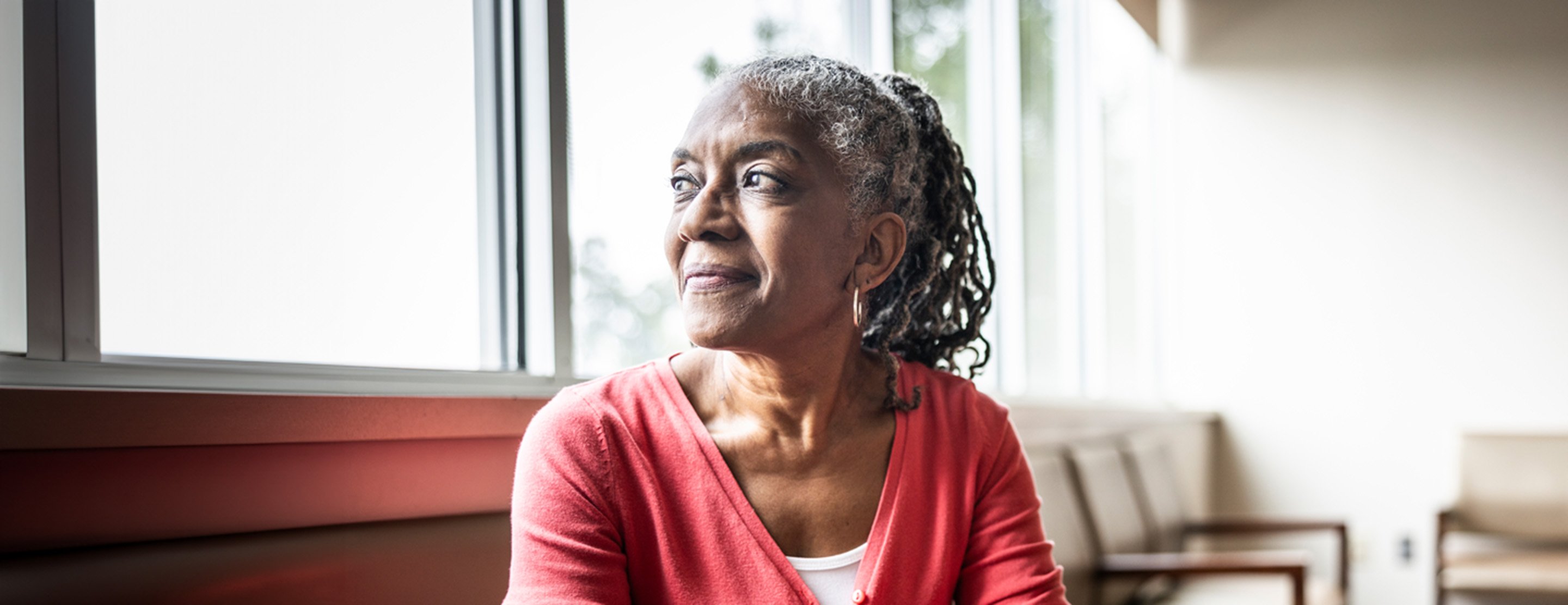
Cancer Diagnostics Service
We provide advanced testing and streamlined treatment planning for people with a new or suspected cancer diagnosis.
Why choose UCSF Health for cancer diagnosis services?
If you have concerning test results that could indicate cancer, you want answers you can count on. Our Cancer Diagnostics Service, part of UCSF Health’s Cancer Risk, Prevention and Early Detection (CaRPE-D) program, focuses on catching cancer in its earliest stages and connecting you with the appropriate specialists right away. We coordinate your care so that you can begin treatment as quickly as possible, which could save your life.
Advanced testing
Our experts use sophisticated imaging technology, delivering faster scans and accurate results.
Team approach
Radiologists, pathologists, oncologists, medical geneticists and other experts work together to make a precise, timely diagnosis.
Specialized expertise
We evaluate complex and uncommon cancers, including hereditary diseases linked to cancer-causing genes passed down through families.
National recognition
UCSF receives top accolades for our cancer expertise. U.S. News and World Report ranks us among the top 10 programs in the nation.
Our approach to diagnosing cancer
Our Cancer Diagnostics Service has one mission — to streamline the diagnostic process and avoid treatment delays.
Detecting and treating cancer earlier leads to improved survival rates and quality of life.
We have the expertise necessary to select the right tests at the right time. In addition, our vast provider network enables us to review your results with doctors specializing in specific types of cancer.
We offer:
- Complete medical history review
- Prompt appointment scheduling
- Diagnostic tests such as blood work, imaging and biopsies
- Specialist referrals and care coordination as needed
- Fast-tracked treatment planning
- Long-term monitoring to evaluate the effectiveness of treatment
When to seek a cancer diagnosis
Preventive cancer screenings such as mammograms and colonoscopies can help find certain cancers before symptoms develop. But routine screening methods don’t exist for some of the most aggressive cancers. That’s why it’s so important to get a complete diagnostic workup from an experienced team.
We encourage you to talk to your primary care provider for a referral to our clinic if you have concerning findings on a blood test or imaging exam or positive results on a multi-cancer early detection test.
About multi-cancer early detection (MCED) tests
MCEDs screen for multiple cancers using a blood sample. A positive test doesn’t mean you have cancer, but it does indicate that you should have follow-up testing.
MCED tests shouldn’t replace preventive screenings, like mammograms and colonoscopies. They typically aren’t covered by insurance but may be available at no cost as part of a clinical trial.
Specialized expertise in hereditary cancers
Hereditary cancers result from DNA changes (mutations) passed down through families. If you have cancer, knowing whether it’s inherited can help us identify the type of cancer, select more targeted therapies and find appropriate clinical trials.
We may refer you to one of our specialized programs:
- Cancer Genetics and Prevention Program is for people who developed cancer at a young age or have a strong family history of cancer. A certified genetic counselor does an in-depth assessment of your family health history and arranges genetic testing. They explain the results of your test and how other family members may be affected.
- Hereditary Cancer Clinic helps people with a known genetic mutation, such as a change in the BRCA1 or BRCA2 genes. An experienced team provides screening plans and referrals to the right specialists.
Our research initiatives
-
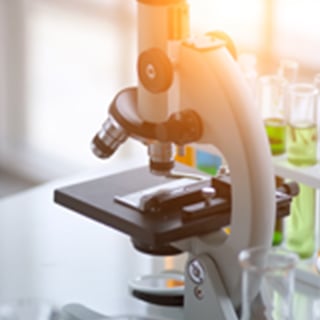
UCSF Helen Diller Family Comprehensive Cancer Center Research
UCSF is home to a range of research initiatives aimed at improving outcomes for cancer patients everywhere. This includes research on topics such as immunotherapy, BRCA mutations and molecular diagnostic testing.
-

Molecular testing for cancer
People with certain types of cancer, such as brain tumors, may benefit from molecular testing. UCSF offers an advanced genomic sequencing test called the UCSF500 Cancer Gene Panel to examine tumor DNA. The test provides information about how cancer behaves and helps guide treatment.
Excellence in cancer care
-
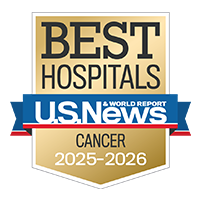
Best in California and No. 7 in the nation for cancer care
-
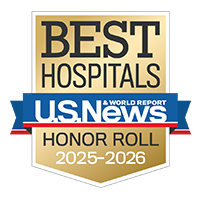
Among the top hospitals in the nation
Accreditations & memberships
-
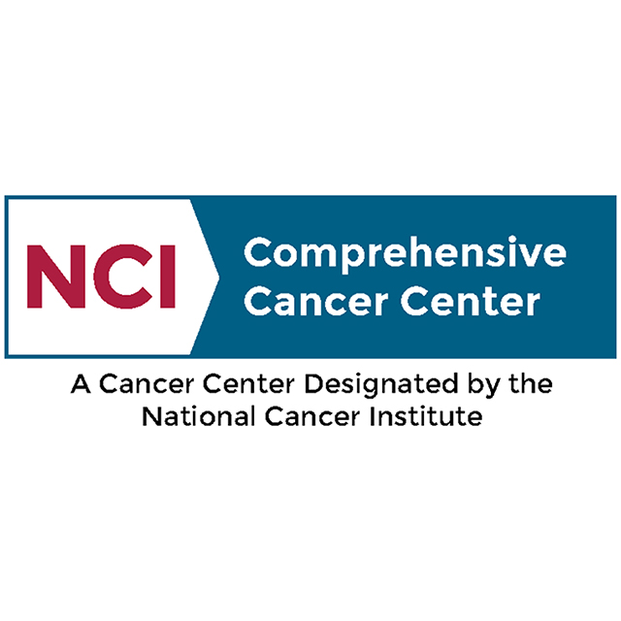
National Cancer Institute
The National Cancer Institute has designated UCSF a comprehensive cancer center, its highest ranking. This designation is awarded to centers that demonstrate scientific excellence and the ability to conduct cancer research across many disciplines.
-
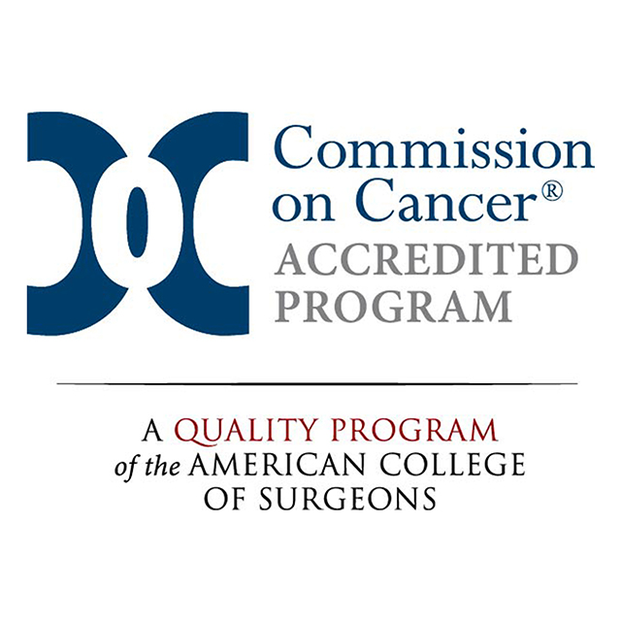
Commission on Cancer
UCSF's cancer programs have been accredited by the American College of Surgeons' Commission on Cancer (CoC) since 1933. The CoC is a consortium of groups dedicated to improving cancer patients' survival and quality of life via research, education and better medical care.
-
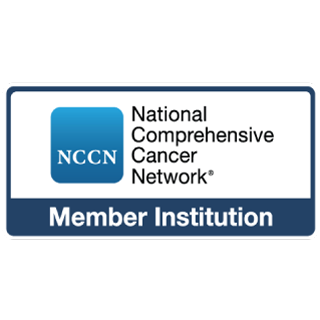
National Comprehensive Cancer Network
UCSF is a member of the National Comprehensive Cancer Network, an alliance of the world’s top cancer centers. The network brings together leaders in treatment and research to improve the quality, effectiveness and efficiency of cancer care.
Our locations (1)
Our team
Clinical trials
Support services
Special programs
Plan your visit
What to Bring
- Photo I.D.
- Health insurance card
- Insurance authorization, if required
- Doctor's referral, if required
- Recent test results related to your condition
- List of your medications, including dosages, plus any you're allergic to
- List of questions you may have
- Device or paper for taking notes




















